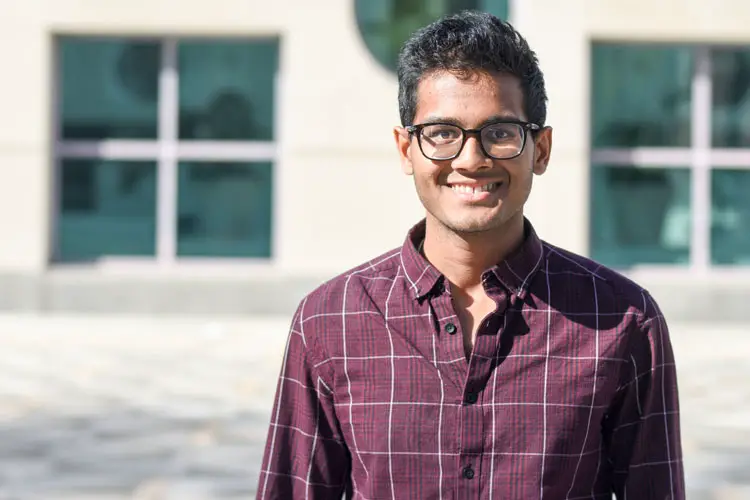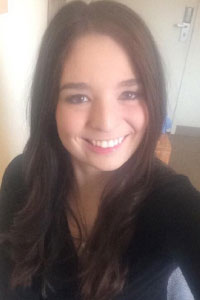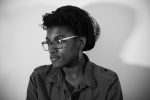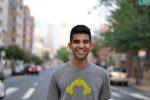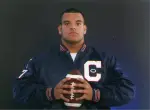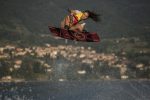Twenty-year-old University of Pennsylvania student Rajat Bhageria is the co-founder of ThirdEye Technologies, a product that uses artificial intelligence to empower the visually impaired. After meeting with representatives from the American Foundation for the Blind, Bhageria and his team realized that they had a product that was better than anything else on the market, and decided to bring it to fruition. All a person has to do is point their phone at whatever they want to look at, and within seconds, ThirdEye will verbally describe the object in detail.
Soon after graduating from high school, Bhageria also wrote a book called “What High School Didn’t Teach Me: A Recent Graduate’s Perspective on How High School is Killing Creativity,” which, as the title suggests, discusses the flaws within a typical high school curriculum. With knowledge and passion for both artificial intelligence and entrepreneurship, Bhageria hopes to continue to develop technology that will improve the lives of others.
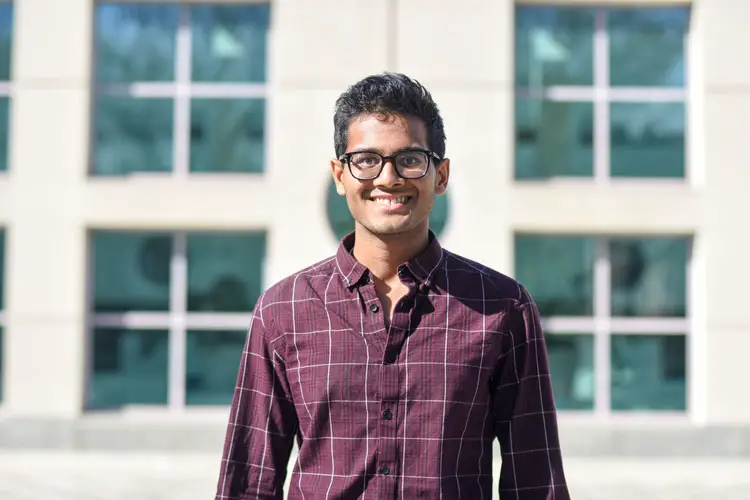
“Me and a bunch of friends wanted to create something that made a 10x difference. We were tired of seeing all these start-ups and companies where people were doing something marginal that makes the world better by only ten percent. I thought if we were going to do anything, we better do something that really significantly improves the lives of a group of people.”
“It all started at Hackathon. A whole bunch of hackers and software people come together to build something cool. You have as much caffeine and food as you want, and, after 36 hours, you present it to the judges. If they like your idea, they’ll give you money. That’s where we started. A bunch of these investors thought we had a really cool product. They said, ‘Maybe you guys should turn this into a company.’”
“You could argue my book was my first entrepreneurial endeavor. After four years of high school, I may not be a sixty-year-old guy who has a doctorate in education, but being in the depth of the system, I understand what doesn’t work, and based on my observations, research and experience with teachers, I had some recommendations on how to solve these problems.”
“If I need a break, that refuge comes from reading. If it’s fiction, I love to learn about different characters and how they interact with each other. Or if it’s nonfiction, [I love] learning about anything from different parts of space, to how does the ocean work, to obscure, weird topics. It’s really fun, and it’s cool when you combine random, eclectic topics together in your head. That’s the fundamental core of creativity.”
“I didn’t really realize that this was entrepreneurship. I just looked at it as invention and making cool stuff. And I’ve always been interested in making cool stuff. It was never really about building a company; it was just making cool stuff that would make the world a better place.”
“The problem with education right now is that everyone sees it. Everybody knows the problem, but nobody ever does anything to solve it. So, my thought was to go for a grassroots, bottom-up approach, as opposed to a top-down approach. Let’s go for the parents, the people who actually did graduate, and talk to them, and make them realize this a problem we can solve.”
“I’ve optimized every portion of my life. I get up every morning and exercise and meditate, and I read before bed so I get a good night’s sleep. I optimize every tiny portion of my life, but I also realized that the lines are blurred between work and life.”
“My social life isn’t just going to some weird party and getting blasted drunk. For me, my social life is hanging out with other founder friends, or hanging out with interesting people doing interesting projects. And, it’s not only social. I have a good time, but I also get something out of it that I can apply to my company.”
“Entrepreneurship isn’t a thing you do; it’s a way of living.”
“At the end of the day, there’s no such thing as work/life balance; it’s all just life. ThirdEye didn’t feel like work and my book didn’t feel like work because I loved to do it, like intrinsic motivation. Obviously, there are some portions that aren’t that fun, but overall everything kind of fits together.”
“The world is your oyster. You can do whatever you want to do, even if you know nothing. I think realizing that opens up a word of possibilities.”


